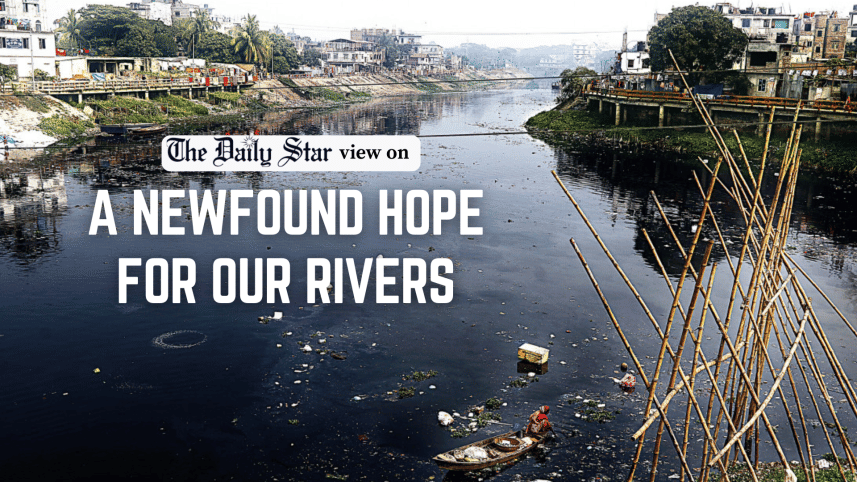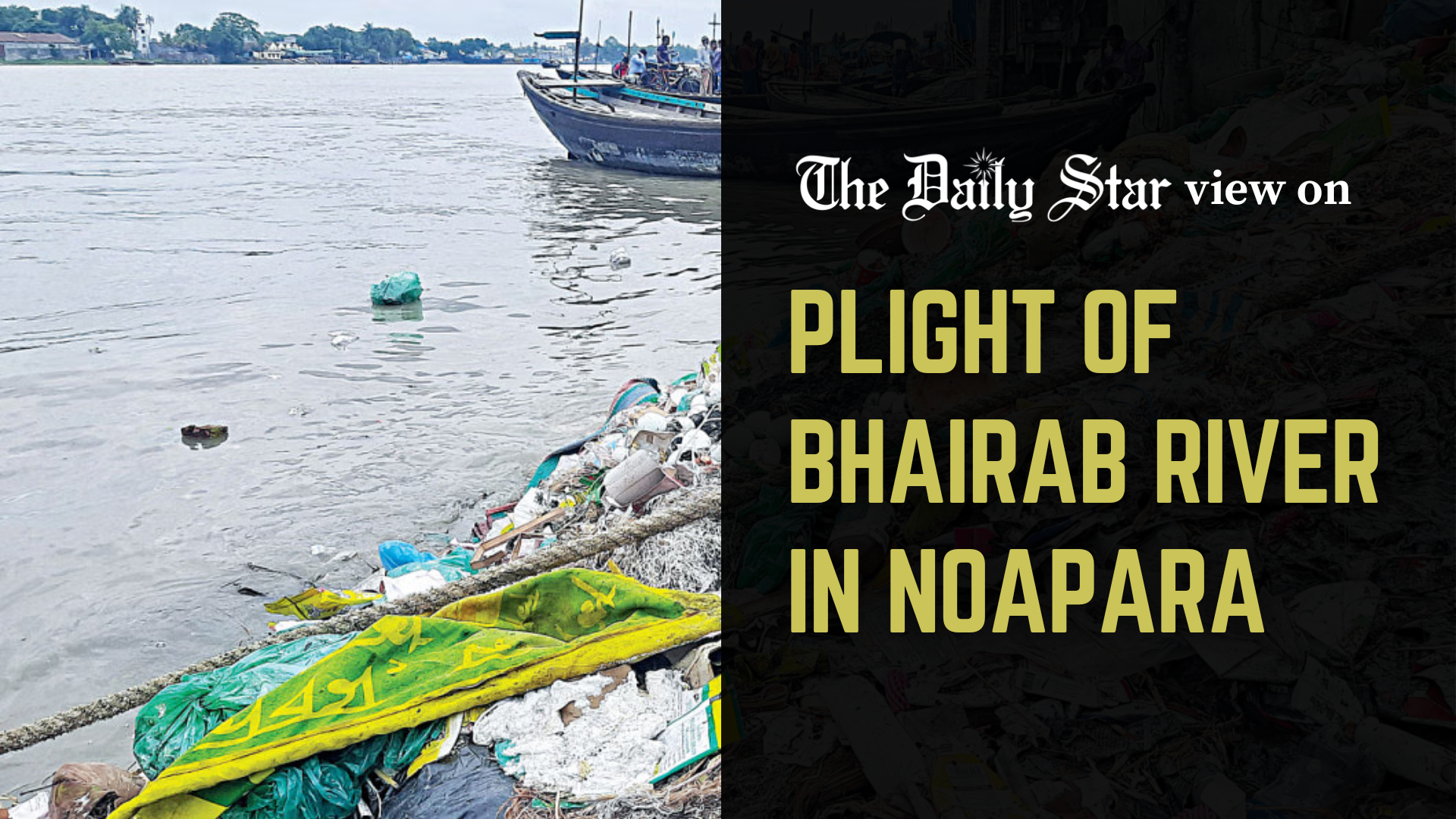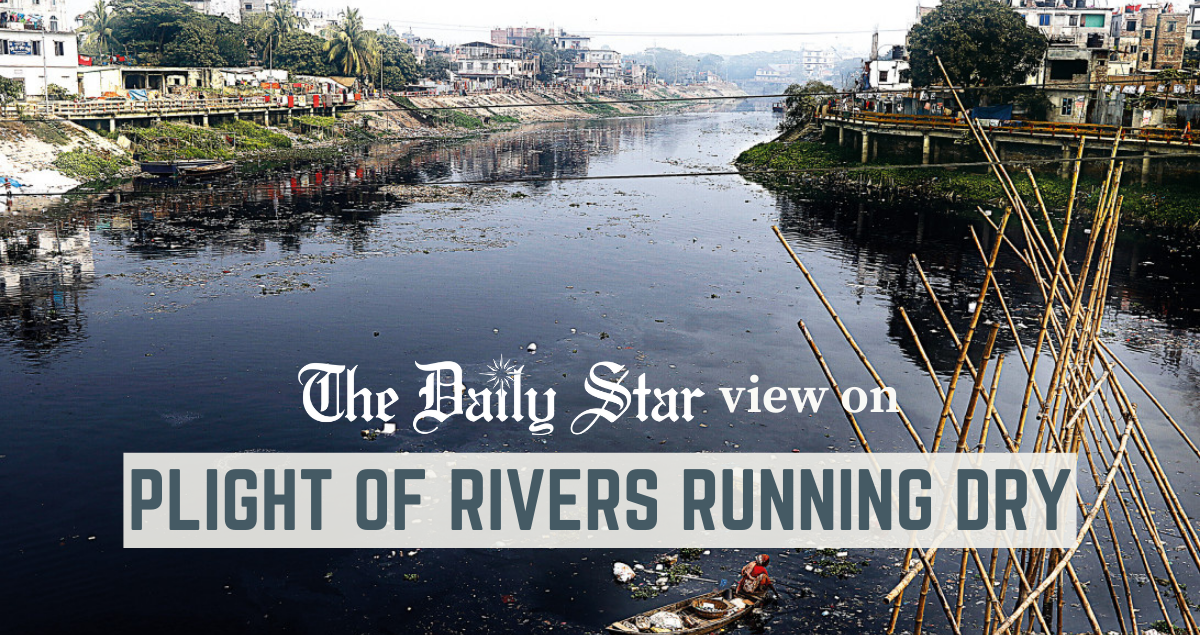Hope for our rivers

We are heartened by the resolute stance of Syeda Rizwana Hasan, the interim government's environment adviser, to take action against businesses that continue to pollute our rivers. The adviser has realistically stated that, given the limited time available, the interim government will begin by clearing one river in each division of the country. She has particularly emphasised holding polluting businesses accountable, especially those that are not operating their effluent treatment plants (ETPs) despite having them.
We think that involving the community, especially the local youth, in this process can make a significant difference. Authorising organisations already working on river conservation will ensure greater stakeholder participation, which is an effective strategy. Installing metres to monitor whether ETPs are operational would encourage businesses to be more diligent in their environmental responsibilities.
In the past, despite the High Court giving clear directives to the government to evict river encroachers, precious little has been done to free them. It is not just rivers but other water bodies such as canals around the cities that have either been grabbed or polluted by indiscriminate household garbage and industrial waste. This daily has published endless reports, editorials and opinion pieces on river grabbing and river pollution, but to no avail.
What is worse is that, despite lists of river grabbers and polluters being complied, the former government has not taken action. In many cases, the culprits have been government bodies that have encroached upon river land and built structures, while others have also exploited their connections to the political elite for the same end. For instance, the Buriganga has been rendered nearly lifeless due to relentless pollution from industrial waste, plastic waste, medical waste and sewage.
Although tanneries of Hazaribagh have been transferred to Savar in a bid to reduce pollution in the Buriganga, many continue to pollute another river, the Dhaleswari, by dumping untreated industrial wastewater. This is because the Central Effluent Treatment Plant (CETP) is not functioning properly, and nothing has been done so far to address this issue. The interim government, therefore, has a challenging task ahead with limited time. Empowering the National River Conservation Commission, which has been weakened due to political interference, could be a first step. Additionally, it must also ensure that ETPs in all polluting industries are properly installed and being operated.
We sincerely hope that the interim government will be committed to freeing as many rivers as possible and establish a model that subsequent governments can follow.



 For all latest news, follow The Daily Star's Google News channel.
For all latest news, follow The Daily Star's Google News channel. 


Comments